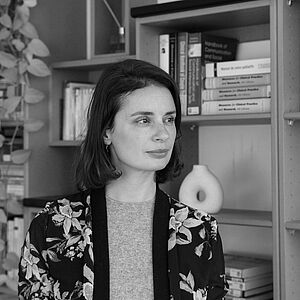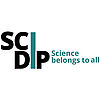
Mélissa Allé
Research Focus
Autobiographical Memory & Identity
Narrative identity // Life story // Retrieval of voluntary, involuntary (spontaneous), and intrusive memories // Future self-projections
Vulnerability
Psychopathology // Health // Aging // Collective crises

SCALab CNRS UMR 9193 - DEEP team

LabEx Distalz (Development of Innovative Strategies for a Transdisciplinary approach to ALZheimer’s disease; 2012-today)

LICEND (Lille Centre of Excellence for Neurodegenerative Disorders; 2015-today)
Funded project






ANR Action Liban (2021-2023)
ENSA - oublie : Understanding the impact of the multicrises on memory and personal identity of the Lebanese population (Mélissa Allé & Laura Joy-Boulos)
Lebanon emerged from a 15-year war in 1990 to plunge into an unstable, uncertain and violent post-war period where crises have been accumulating even more intensely since the October 2019 revolution, culminating on August 4 2020 with one of the most devastating explosions in history. In this multi-crises context with a global pandemic background, the mental health of Lebanese is necessarily affected. Our research project aims at studying the narrative identity, i.e. the narration of one's individual history, in the Lebanese population in times of crisis. Through this approach, we first seek to establish a link between the life stories of individuals and the vulnerability to psychiatric conditions common in times of crisis such as post-traumatic stress disorder. We also seek to assess the impact of these crises on the Lebanese population beyond pathology, on a more nuanced continuum. In other words, this multi-crisis context could have a cognitive and affective impact that would alter the global psychological functioning even in apparently healthy/undiagnosed people; we want to understand how. At the intersection between social psychology and neuroscience, our approach is ideal to explore the field and identify the axes to be deep dived in later with more quantitative and numerical approaches, in order to detect weak signals.
Our work has the ambition to propose new psychotherapeutic avenues adapted to the Lebanese population and, more generally, to high-risk populations going through societal crises. In order to make our results accessible to a wider public than the academic one, especially to worried and anxious patients in times of crisis, we will also develop a scientific communication axis with Sci-dip, an emerging startup in the field.



